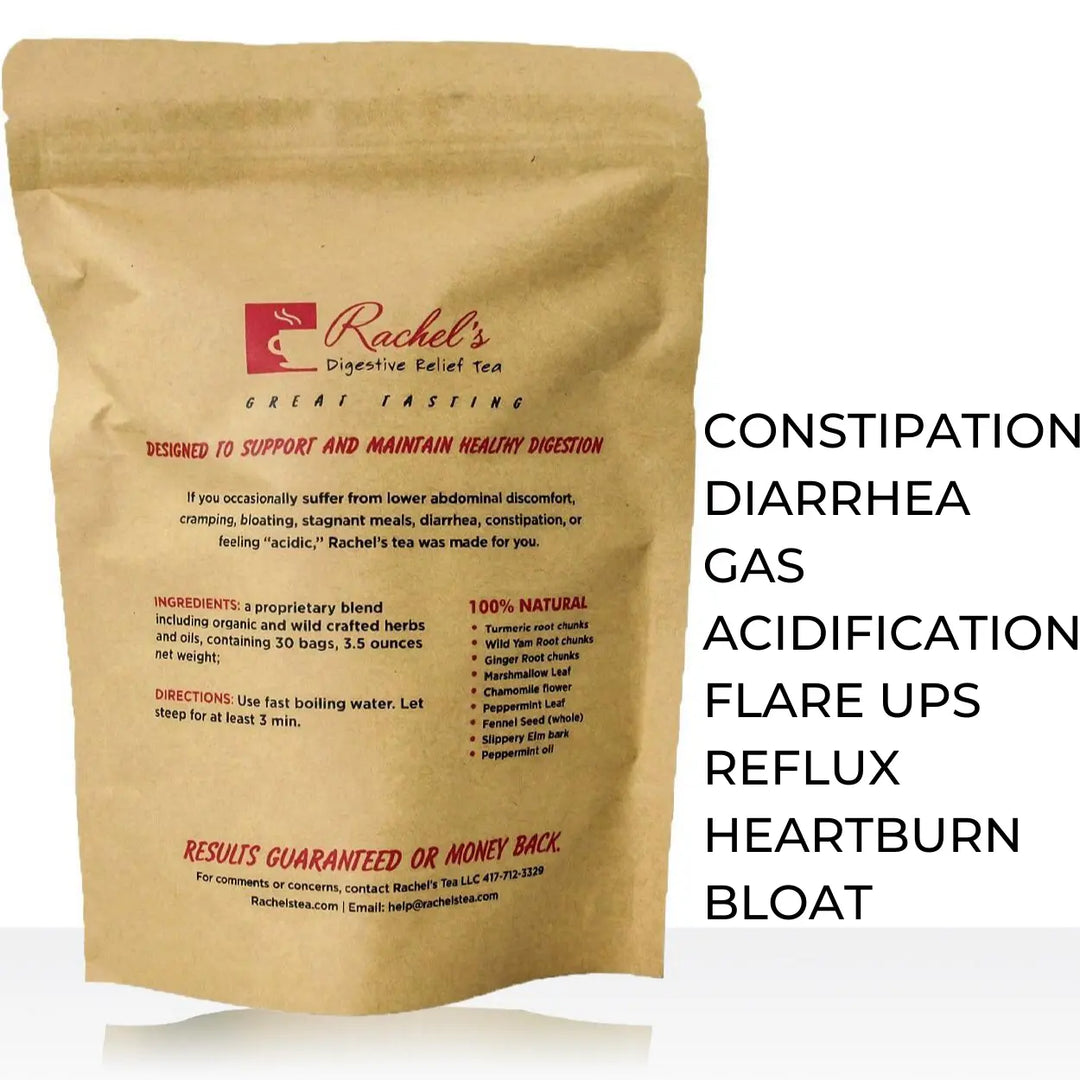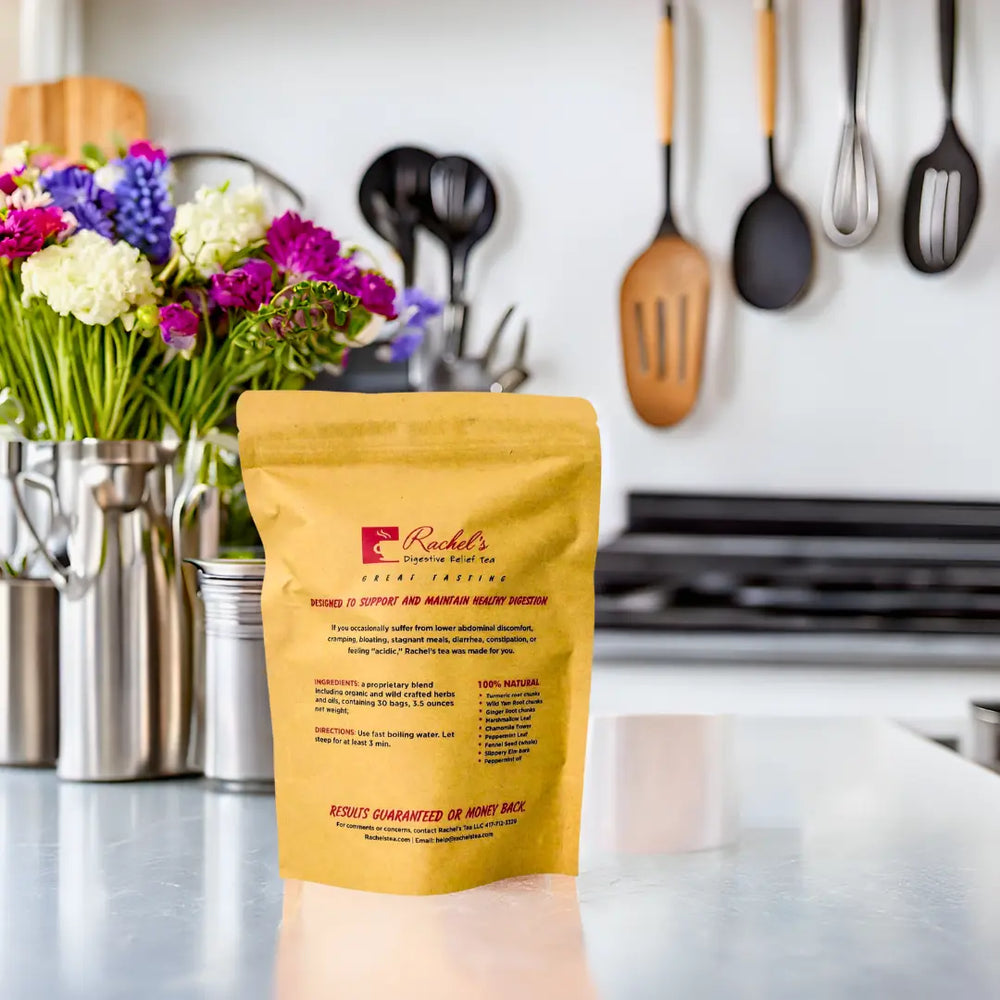My Dieting Made Me Feel Tired, What Should I Do

When I first started dieting, I was very excited. I had a plan and was motivated. I was ready to make any change. But after the first week, reality hit me harder. Instead of feeling good, I felt tired and drained. It was not just physical tiredness. My mood dropped, my focus got worse. My energy was on level zero and even small tasks felt harder than usual. At one point, I honestly asked myself: “If dieting makes me feel this bad, how can I keep going?”
If you have ever felt the same way, trust me, you are not alone. Many people struggle with diet fatigue. But the good news is there are ways to overcome it. For me, small but powerful changes helped me to get through it. Eating smarter with Catalyst Food and supporting my body with herbal teas helped me to regain my energy, kept me hydrated and full.
Why Does Dieting Make You Feel Tired?
Dieting fatigue is not just “in your head.” When you cut calories, your body changes quickly. But not in the ways you expect. Once I realized this, it made sense why I was feeling so exhausted. The reasons why dieting often brings fatigue are:
-
Calorie Deficit: Less calories means less energy. Your body naturally feels low on fewer calories.
-
Nutrient Deficiencies: Restrictive diets lack the right balance of nutrients. It lacks protein, fiber, vitamins and minerals.
-
Dehydration: Many people ignore hydration. That alone makes you sluggish. It is a key to energy and focus.
-
Digestive Imbalances: If your gut health is poor, then it makes it harder to absorb nutrients properly. It makes you feel weak.
My Personal Struggle with Diet Fatigue
 In the first few days of dieting, I was motivated. But soon, I noticed:
In the first few days of dieting, I was motivated. But soon, I noticed:
-
I felt lethargic most of the day.
- Simple tasks became harder to do.
-
I always needed extra coffee just to get through the morning.
-
My cravings for sugar got stronger. My mood swings made me irritable.
- I relied too much on coffee and sugary snacks.
Instead of getting closer to my goals, I felt like I was moving backward. But the question is How I Managed Constant Bloating and Low Energy?
What I Tried That Didn’t Work
Like most people, I also tried to fix my problems. These fixes gave me short bursts of relief. But none of these solved my problem.
- Extra Coffee: It gave me short bursts of energy. But then it crushed my energy.
- Cheat Meals: They helped my mood temporarily. But it left me bloated and sluggish.
- Random Supplements: Some worked for a few days, but the results were not consistent.
But I needed something natural and easy to stick with. Random supplements cannot help you more until you change your diet and habits. To learn more about it read, Supplements, diet, or a combination of both for digestive relief.
The Small Change That Made the Difference
 The real change happened when I stopped thinking only about cutting calories. I started focusing on supporting my body. I focused on nutrient balance and hydration. These small additions completely changed how I felt:
The real change happened when I stopped thinking only about cutting calories. I started focusing on supporting my body. I focused on nutrient balance and hydration. These small additions completely changed how I felt:
-
Catalyst Food fills nutritional gaps and is a steady source of balanced nutrition.
-
Digestive Tea eases bloating and supports my gut. It acts as a stress relief tea.
-
Slim Detox Tea supports metabolism and fat-burning.
- Herbal Teas help you to stay hydrated and control cravings.
But What Happened When I Swapped My Evening Coffee for Digestive Tea
How Herbal Teas Supported My Diet
Hydration plays an important role in fighting fatigue. I switched to herbal tea instead of drinking soda and sugary drinks. I always thought of tea as just a calming tea. But it kept me hydrated and controlled my cravings. It gave me a calming boost whenever I felt stressed or fatigued.
Digestive Tea for Gut health
One of the best things I added was a digestive tea. Good digestion is the key to good energy. But how digestive tea can help with IBS, bloating & gut health? Drinking a gut health tea after meals helped me reduce bloating. It improves nutrient absorption and makes me feel lighter. It is a stress relief tea. But
Slim Detox Tea for Weight Loss Support
Dieting sometimes slows metabolism. That’s when a slimming tea, like a slim tea detox gave me a natural boost. It supported my weight-loss goals. It gave me a natural energy lift without the crash of coffee or sugar. To know more about slim tea for weight loss, read what is in slim tea for weight loss?
Together, these teas did not just make me feel better. But they made my diet easier to stick to.
Tips to Avoid Diet Fatigue (What Worked for Me)
 Here are some strategies that actually worked for me to stay consistent and energized:
Here are some strategies that actually worked for me to stay consistent and energized:
-
Balance your nutrition: Do not just cut calories, but balance them. Use whole foods and Catalyst Foods to cover nutritional gaps.
-
Take care of your gut with a daily cup of comfort tea. It improves digestion and absorption.
-
Boost metabolism naturally with detox tea. It supports your weight-loss goals. It keeps your body active during dieting.
-
Stay Hydrated: Replace sugary drinks with best herbal tea. It improves hydration and controls cravings.
-
Prioritize Sleep and Rest: Rest is as important as diet and exercise. No diet will work if your body is exhausted.
-
Listen to Your Body: If your body feels exhausted. Do not push harder. It is a sign, you need to adjust your routine.
Read More:
Balance Over Perfection
My biggest lesson from all of this? Dieting should not leave you feeling miserable. It should help you to feel lighter, calmer and healthier. Yes, it requires discipline, but it should also support your overall health.
When dieting made me feel tired, the solution was not quitting. It was adjusting. By adding Catalyst Food for nutrition and making herbal teas a part of my daily routine, I found balance again.
Now, instead of dreading my diet, I actually enjoy it. My energy is back, my digestion feels better, and my progress feels sustainable.
So if you are asking yourself the same question I did—“My dieting made me feel tired, what should I do?” My advice is simple: support your body and do not fight it. Sometimes the smallest changes, like the right foods and the right teas, can make all the difference.












